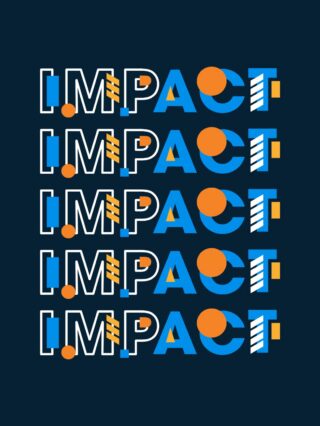Butler/Till had the honor of attending LiveRamp’s RampUp conference. RampUp is the industry’s leading MarTech conference, bringing together brilliant minds from all sectors of our business spanning ad tech partners, agencies, brands, and publishers. While topics ranged from privacy legislation, creative personalization, to systemic organizational change, it was clear everyone was focused on one thing: The third-party cookie.
What happens when the third-party cookie crumbles? While no one has the answers at this point, it brought to light what trends might emerge as we shift to a cookieless world:
- A brand’s first-party data has never been more valuable – As third-party cookies crumble, and we suspect mobile IDs will face the same demise, it is more critical than ever for brands to focus on building relationships with their target audiences. They need permission to engage, and then offer compelling information and services that build trust and convince prospects to become customers so that customers become loyal brand ambassadors. Along with this engagement marketing, brands need to develop a robust data management program to build and maintain individual records about each of their prospects and customers–their first-party data. These records will become an increasingly vital asset in a post-cookie world.
- Second-party data is the new (and much improved) third-party data alternative – A lesser-known data strategy in which like-minded, noncompetitive brands share their first-party data with one another will offer a premium data alternative. For example, a brand like Chevrolet could share their data with Dick’s Sporting Goods as they appeal to similar audiences, but are noncompetitive, so they both stand to benefit from a binary data partnership.
- The pressure is on the publisher – The demise of the third-party cookie has quickly shifted attention and importance directly to the publishers. Outside of a brand’s first-party data, publisher data stands to be a solid addition. So will publishers work together to build a universal common identity? How will they potentially improve/amplify their opt-in/opt-out experiences to give customers explicit choice on what data is collected? Will they offer monetization or incentivization models for their customers, based on the level of data they agree to share? How will exchanges add value to the ecosystem? In an industry that relies on technology and automation, we may see a shift to more site/publisher-direct buying and measurement models, putting programmatic as we know it at a stand still.
- Power is given back to the consumer – With the rising importance of the publishers, the consumer’s willingness to opt-in and share their data becomes paramount to a publisher’s success in an ad-supported open web. With the support of legislation like GDPR, CCPA, and other state and national legislation soon to emerge, consumers are protected. However, will the existing “consult by assault” approach, in which brands and publishers require site visitors to “accept” data collection before proceeding to the content they’re navigating to, be the right solution? The general consensus is no, and although it serves the need for brands and publishers to be legally compliant, they will likely have to deliver a “V2,” doing right by the consumer, in order to benefit from collecting more data for use in marketing.
In an industry that is constantly changing, this feels like the biggest change in years. Although there is uncertainty in the future, we at Butler/Till, are more excited than ever to collaborate with our clients, partners, and publishers to build a safer, more transparent, and sustainable future.





